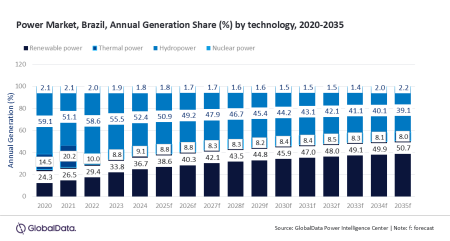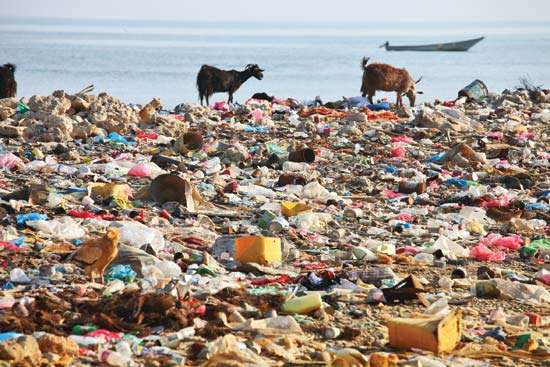 12 July 2013, Accra – The World Bank Ghana Office officially launched today a flagship energy sector which highlights some of the daunting challenges facing Ghana’s power and petroleum sub-sectors, and which threaten to undermine Ghana’s bid to become a fully-fledged middle income country.
12 July 2013, Accra – The World Bank Ghana Office officially launched today a flagship energy sector which highlights some of the daunting challenges facing Ghana’s power and petroleum sub-sectors, and which threaten to undermine Ghana’s bid to become a fully-fledged middle income country.
Prepared by a team of World Bank staff and local experts, during a period of electricity shortages and rolling power blackouts, the Report highlights the potential economic damage this trend is likely to inflict on the country, at a point when Ghana’s fast growing economy has evolved to become even more dependent on reliable electricity and fuel supply.
The report outlines the opportunities and challenges from managing Ghana’s finite oil and gas resources as well as the opportunity cost of mismanaging Ghana’s electricity utilities, and identifies three themes that are common to Ghana’s power and petroleum sectors.
First, Government policies and decisions have delayed investments in gas supply and power generation, which are at the root of the current power shortages. While the blackouts are partly due to the unexpected interruption of imported gas supplies, a deeper look reveals a broader problem of a power sector without a cushion to absorb external shocks.
For instance, avoidable delays in the production of Jubilee gas have left Ghana’s gas-based power plants needlessly idle or burning very expensive oil. The three-year delay in commercializing Jubilee gas has cost Ghana a billion dollars in extra crude oil used for power generation.
Also, Ghana has not been able to attract substantial private investment in power generation because of the low creditworthiness of its utilities. Private investment has been inadequate and some projects such as the Sunon Asogli gas-only plant, are idle due to lack of gas.



